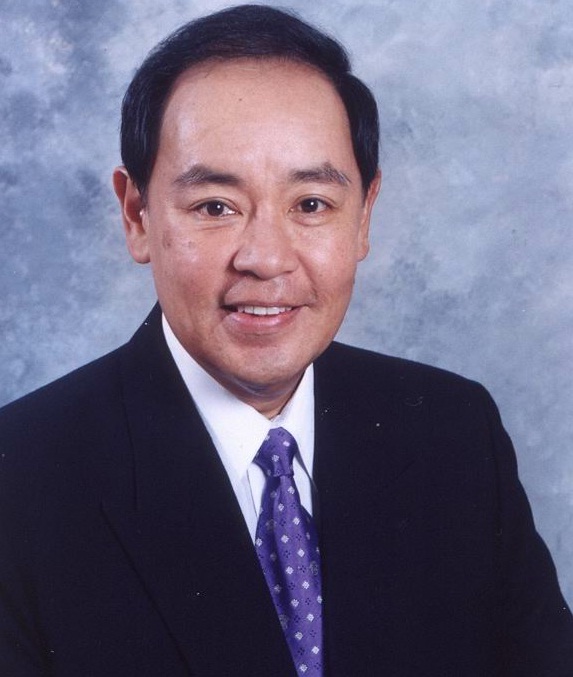Finance experts back Charter change
MANILA, Philippines—A group of prominent economists and sociopolitical analysts have voiced support for a recent initiative by Speaker Feliciano Belmonte Jr. to amend economic provisions of the Constitution, saying this would attract the “right kind” of investors to the Philippines.
“We believe the country cannot experience inclusive growth, reduce poverty and combat joblessness except by removing these restrictions from the fundamental law of the land and allow Congress to liberalize those provisions as may be needed,” said the Foundation for Economic Freedom (FEF) in a statement Thursday.
The FEF is headed by former Finance Secretary Roberto de Ocampo as chair, with former Finance Undersecretary Romeo Bernardo as vice chair and Calixto Chikiamco as president. Economist Gerardo Sicat and former Prime Minister Cesar Virata sit as advisers.
Trustees include Ernest Leung, Thomas Allen, Art Corpus, Felipe Medalla, Vaughn Montes, Gary Olivar, Simpon Paterno, Gloria Tan-Climaco and Francis Varela.
Luring investors
Article continues after this advertisement“We believe that liberalizing the economic provisions of the Constitution is part of daang matuwid (the straight path) as this would attract the right kind of foreign investors into our country and would eliminate the incentive for foreign businessmen to evade the constitutional restrictions by corrupting our institutions,” the FEF said.
Article continues after this advertisementBelmonte has filed House Resolution No. 1 which would insert the phrase, “except as otherwise provided by law,” in those provisions mandating the majority or 100 percent Filipino ownership of certain sectors of the economy. This would allow Congress to enact laws liberalizing the provisions.
Those areas relate to mass media and advertising, land ownership, educational institutions, utilities and natural resources.
Big boost
Calixto, in an email to the Inquirer, said Cha-cha would be a big boost to the government’s bid to roll out big-ticket infrastructure projects under the public private partnership (PPP) program and boost investments in vital capital-intensive sectors like telecommunications.
“The number and quality of bidders for PPP infrastructure projects, especially in the construction and operation of airports, have been limited due to the 60:40 rule imposed by the Constitution,” Chikiamco said, referring to the maximum 40 percent ownership in local enterprises foreigners may hold.
The national security angle has been ignored in debates on Cha-Cha, said Chikiamco.
“The lifting of foreign ownership restrictions in the Constitution is in the interest of national security, especially in light of the country’s confrontation with China in the West Philippine Sea,” he said.
Unless these restrictions are removed, Chikiamco said, we would only get investors who are willing to evade or bend the rules in order to gain greater participation and control of strategic parts of the economy.
“It’s well known that despite these restrictions, Chinese investors are already in control of a large shipping company and our national power grid. There may be others,” he said.
“Moreover, by attracting more foreign investors into the country, especially into key sectors like public utilities, we would give foreign governments the interest and incentive to make sure there is peace and stability in the region, unimpeded access to our maritime waters and a rules-based conduct in accessing our seas and other natural resources,” Chikiamco said.
